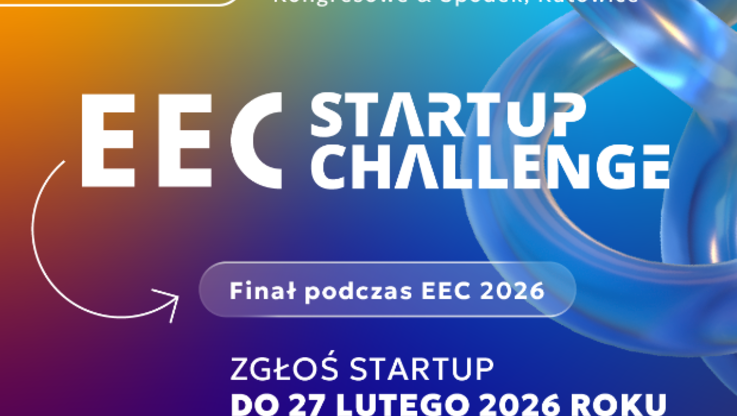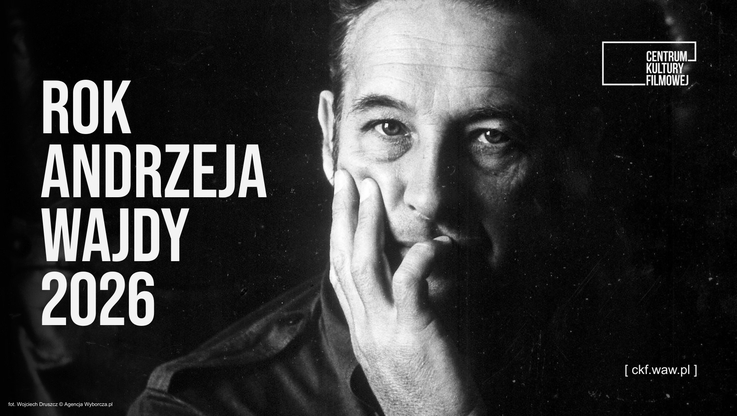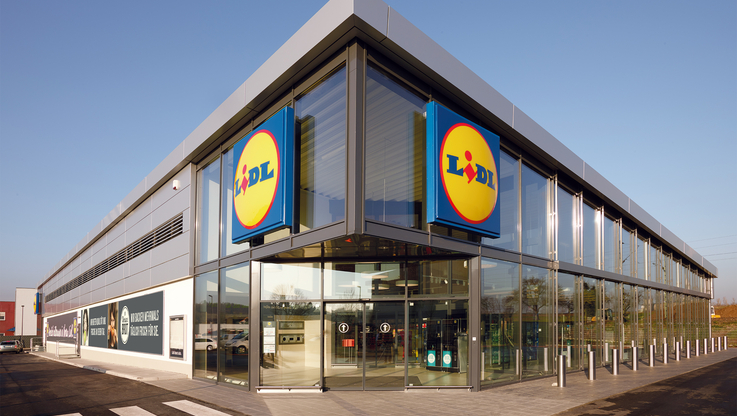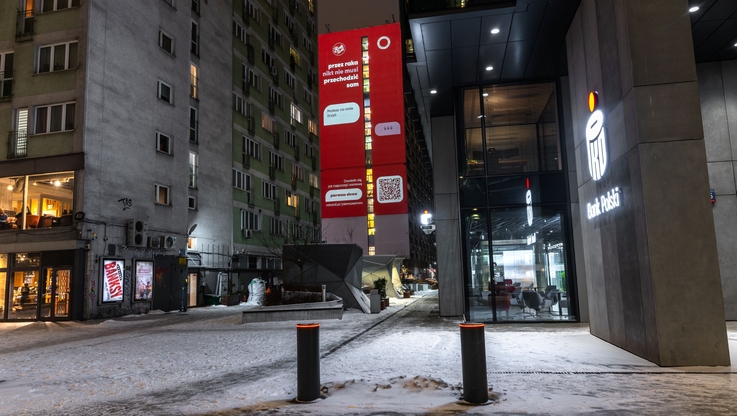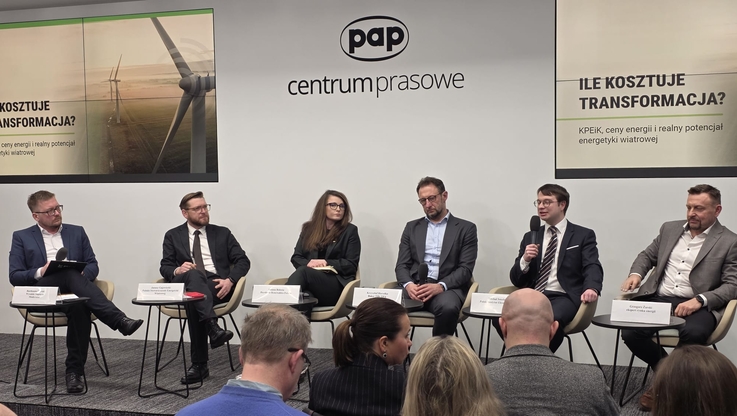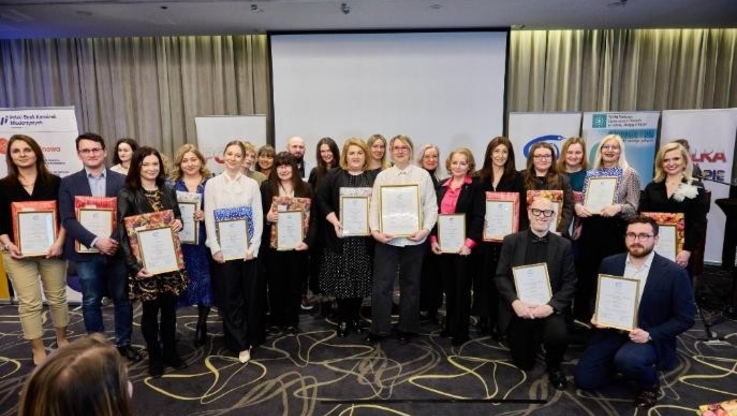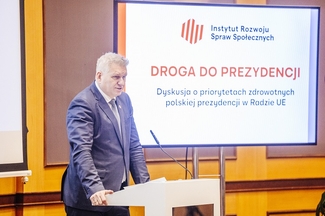Pobierz materiał i Publikuj za darmo
The purpose of these support schemes is not only to revive tourism, but also to give the sector a new shape: tourist services are to become greener and more friendly to cultural heritage.
In official European Union documents, tourism is regarded as a strategic sector, accounting for over 10% of the EU’s Gross Domestic Product, and creating 26 million jobs. The tourist ecosystem covers such services as accommodation, transport, food establishments or culture.
In total, it is around 3 million businesses, out of which over 90% comprise small and medium-sized enterprises. It is these businesses that have been affected by the coronavirus pandemic crisis in the greatest extent.
“The loss recorded by the European tourist industry in 2020 was multiple times higher than during the 2008-2009 financial crisis period. The pandemic resulted in the loss of stability and bankruptcy of a lot of businesses,” as reported by the Committee of the Region, EU advisory body bringing together local government representatives from all 27 EU Member States.
ESPON experts also pointed out to the fact that before the pandemic, the tourist industry had been growing at an unprecedented scale, but is had been mainly focused on short-term profits, creating serious threats at a global scale.
“We should take the opportunity and treat the crisis as an impulse for reflection on the future, sustainable development of tourism and transport,” stressed Peter Schön from the BBSR Federal Institute for Research from Germany, dealing with the territorial development of the country.
“We are now being faced with new and serious challenges we will need to address, such as climate change, growing traffic congestion, water and energy consumption and degradation of the natural environment,” said the expert during the ESPON debate, organised at the end of 2020.
According to him, it is essential for tourism development to respect and preserve the identities of local communities and cultures.
Tourism constitutes an important part of the UN 2030 Agenda for Sustainable Development, and the European Green Deal, aimed at reaching the climate neutrality of the EU by 2050.
The experts noted that - in addition to comprehensive programmes supporting the development of tourist industry (such as the Cohesion Policy, where Poland is still the greatest beneficiary) the European Union was implementing a number of initiatives addressed to the sector. Both local governments and private enterprises may apply for support as part of, i.a.,
• EDEN – European Destinations of Excellence
It is a project promoting sustainable tourism development models across the European Union, based on competitions organised each year in individual countries. The winners have the right to use the title of European Destination of Excellence - EDEN. They become part of the network of these best European destinations, promoted across Europe. The award winners so far include Żyrardów, Gołdap Lake, and the Przemyśl Fortress.
Between 2021 and 2027 the Creative Europe programme will allocate EUR 2.44bn for the support for supranational activities in the sphere of culture. The project is aimed at promoting cultural and linguistic diversity, and European cultural heritage. As part of the new edition of the programme, it will be essential to support sectors in their recovery after the crisis resulting from the COVID-19 pandemics, to facilitate sustainable development, green transformation, and social inclusion through culture and art. The first calls for project funding will be launched in the weeks to come.
• COSME
The programme is exclusively addressed to small and medium-sized enterprises based in the European Union. The budget of EUR 2.3bn is allocated for financing activities which allow financing, acquisition of new business partners, and the promotion of the enterprise in the European single market. One of the project initiatives is the increase in the use of digital technologies and innovation by SMEs in the tourist industry.
• NECSTouR
Open network of European tourist regions which constitutes a platform for the exchange of knowledge and innovative solutions in the sphere of sustainable and competitive tourism. The Łódzkie Province is part of the network, alongside such destinations as Paris, Flanders or Scotland.
“We are consistently striving towards responsible tourism which not only generates profit, but also engages in environmental protection, and stimulates the self-development of travellers,” said Lorenza Bonaccorsi, Under-secretary of State at the Italian Ministry of Tourism in November 2020.
“Support for transport-service providers? Yes, but provided that they constantly reduce their emissions. Support for the protection of heritage sites and culture? Yes, but they should be made more accessible to the excluded groups - seniors, the poor or people with disabilities,” stressed Ms Bonaccorsi.
As regards examples of effective alignment of climate objectives and tourism development, she pointed to the “DiscoverEU” programme (EU initiative, thanks to which young people get a chance to travel by rail across Europe using free tickets) and EuroVelo - a network of 17 long-distance cycling routes crossing the entire continent.
In turn, Stella Kyvelou from the Panteion University in Athens referred to the NECSTouR Barcelona Declaration, which was adopted under the motto “Better Places to Live. Better Places to Visit.” The document stresses the significance of community participation and education - referring both to visitors and local residents - in establishing a consensus between the expectations of both these groups.
“On the one hand, the guests should respect the rules established by local authorities, such as night quiet hours or limits of the number of visitors in a specific valuable heritage site which is particularly vulnerable to human interference. On the other hand, the hosts should not perceive tourists as intruders, but representatives of a different culture and traditions which, once you get to know them, can enrich your life, and contribute to your development,” said Ms Kyvelou.
The experts engaged in the ESPON programme shared the view that tourism - understood as the possibility to travel freely, discover the most remote parts of the continent, and learn about other traditions, customs and languages - was one of the foundations of European integration and the sense of community.
“We should use this right and privilege responsibly, trying to preserve the natural environment and cultural heritage of our continent for future generations,” as can be read in the conference summary.
For more information about the ESPON debate on tourism, go to ESPON Conference - Tourism and Cultural Heritage for regional development.
The ESPON Programme is a European research network joining government institutions and research centres in EU Member States, Switzerland, Norway, Iceland and Liechtenstein, with a view to collecting and analysing data which is necessary to make decisions concerning the effective and sustainable development of individual European regions.
Source: PAP MediaRoom
Pobierz materiał i Publikuj za darmo
bezpośredni link do materiału
| Data publikacji | 31.05.2021, 14:45 |
| Źródło informacji | PAP MediaRoom |
| Zastrzeżenie | Za materiał opublikowany w serwisie PAP MediaRoom odpowiedzialność ponosi – z zastrzeżeniem postanowień art. 42 ust. 2 ustawy prawo prasowe – jego nadawca, wskazany każdorazowo jako „źródło informacji”. Informacje podpisane źródłem „PAP MediaRoom” są opracowywane przez dziennikarzy PAP we współpracy z firmami lub instytucjami – w ramach umów na obsługę medialną. Wszystkie materiały opublikowane w serwisie PAP MediaRoom mogą być bezpłatnie wykorzystywane przez media. |
